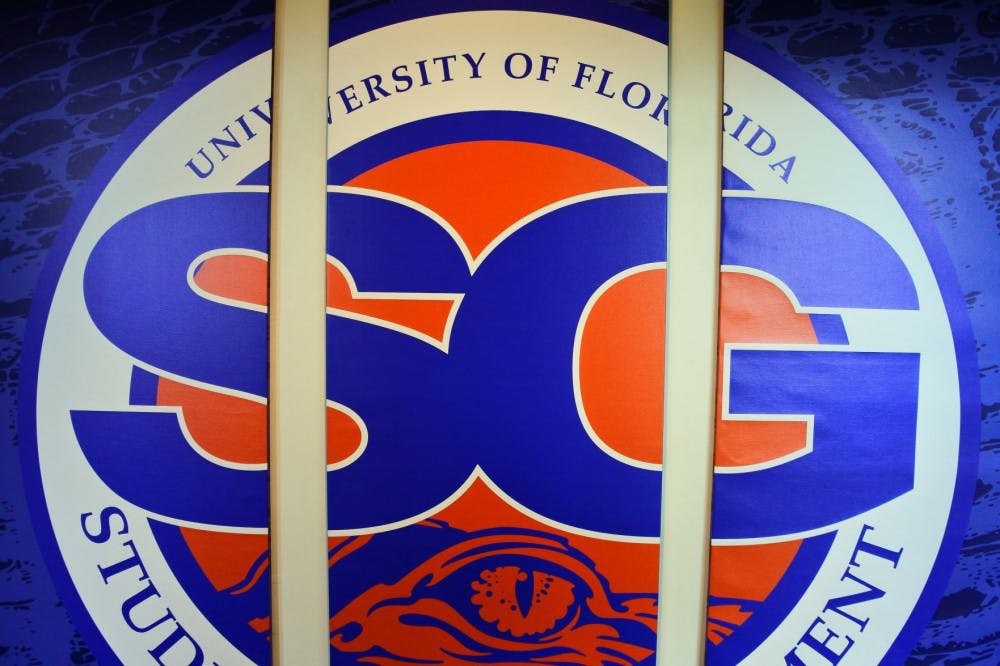Two election complaints were heard by the Student Government elections commission Tuesday afternoon.
Edward Zambrano and Michael Russel defended complaints on behalf of independent candidate Jeremy O’Brien Murillo’s campaign. One complaint was regarding the absence of a “Registered Political Advertisement” label on Impact Party members’ Facebook posts, and another addressed pictures they said were of Impact representatives walking students to polling locations.
Zambrano, who submitted the complaints after volunteering for O’Brien Murillo’s campaign, defended the complaints with Russel, Access Party’s president. The two dropped a third complaint regarding Impact representatives campaigning at the Beaty Towers bus stop.
Zambrano’s “Reg.Ad.Pol” complaint resulted in a warning for Impact, while the other complaint didn’t result in a punishment after three out of five commission members voted the evidence wasn’t clear.
“This probably wasn’t done out of malice, but then again, the party has been a political party on campus for three election cycles already,” Zambrano said.
Jason Richards, who defended Impact, argued the ads weren’t made in malice and all errors were corrected.
In Zambrano’s second complaint, he claimed Student Body President Susan Webster and another Impact representative walked students directly to polling locations and were within 50 feet of the location, which is forbidden by the 700 election codes.
Zambrano presented two pictures, both showing the backs of female students, as proof of the complaints. The photo he claimed to be of Webster showed a blonde student wearing an Impact shirt walking with a student next to the door of Jennings Hall. He also submitted witness statements of students saying it was Webster.
Jennings was the closest polling location to Beaty Towers, and the actions of the Impact representatives could have made the election unfair, he said.
Richards said the complaint couldn’t be proven.
“To me, it’s all just a bunch of hearsay,” he said.
Neal Cordero, the chair of the commission, said he saw both sides of the argument.
“If you piece some of the things we have together, we might have a circumstantial evidence race,” he said.
In the end, the commission ruled 3-2 that it was not a violation.





